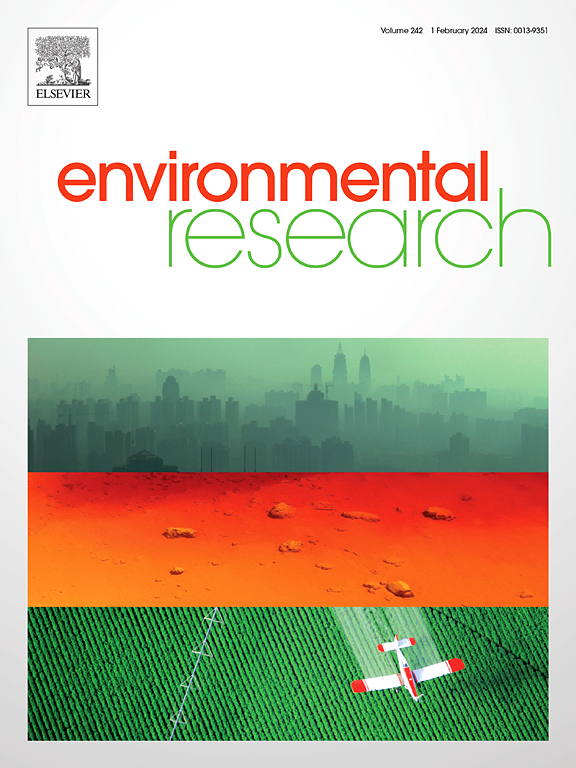硫酸盐还原菌驱动生物电解的研究进展:机理及其在微生物电解细胞技术中的应用。
IF 7.7
2区 环境科学与生态学
Q1 ENVIRONMENTAL SCIENCES
引用次数: 0
摘要
化工、制药和食品加工业排放的富含硫酸盐的废水造成了严重的环境问题,影响了自然环境和人类健康。使用化学沉淀法的传统硫酸盐去除工艺消耗大量能源,并导致产生额外的污染物,从而降低了其可扩展性和处理性能。利用硫酸盐还原菌(SRB)进行微生物电解电池(MECs)是一种很有前途的可持续废水处理和资源回收技术,因为在MECs中SRB的代谢过程可以将硫酸盐转化为硫化物,同时细胞还可以通过电化学过程产生生物能源。本文综述了MECs中硫酸盐还原工艺在硫酸盐脱除、制氢、重金属去除和有机污染物降解方面的研究进展。本文还系统地讨论了优化MECs性能、结果预测和效率提高的机器学习系统。srb - mes系统在处理废水的同时产生清洁能源,这使得它们适合应用于工业过程。实现这些系统的两个主要挑战是系统的可伸缩性及其长期运行可靠性。本文强调了需要进行更多的研究以提高系统性能和微生物效率,并加快SRB-MECs技术作为可持续和节能的工业废水处理解决方案的实际实施。本文章由计算机程序翻译,如有差异,请以英文原文为准。
Advances in sulfate-reducing bacteria-driven bioelectrolysis: mechanisms and applications in microbial electrolysis cell technology
The discharge of sulfate-rich wastewater from chemical and pharmaceutical and food processing industries results in serious environmental problems that impact both the natural environment and human health. The conventional sulfate removal process using chemical precipitation consumes much energy and results in the production of additional pollutants that decrease its scalability and treatment performance. Microbial electrolysis cells (MECs) using sulfate-reducing bacteria (SRB) is a promising sustainable technology for treating wastewater and recovering resources because the metabolic process of SRB in MECs can convert sulfate to sulfide while the cells also produce bioenergy through electrochemical processes. This review focuses on the processes of sulfate reduction in MECs that have demonstrated potential for sulfate removal and hydrogen production and heavy metal elimination and organic pollutant degradation. This review also systematically discussed machine learning systems that optimize MECs performance and result prediction and efficiency enhancement. The SRB-MECs systems have two advantages by producing clean energy while treating wastewater that makes them suitable for application in industrial processes. The two main challenges for the implementation of these systems are the scalability of the system and its long-term operational reliability. This review highlights the need for more research to enhance system performance and microbial efficiency and accelerate the practical implementation of SRB-MECs technology as a sustainable and energy-efficient solution for treating industrial effluents.
求助全文
通过发布文献求助,成功后即可免费获取论文全文。
去求助
来源期刊

Environmental Research
环境科学-公共卫生、环境卫生与职业卫生
CiteScore
12.60
自引率
8.40%
发文量
2480
审稿时长
4.7 months
期刊介绍:
The Environmental Research journal presents a broad range of interdisciplinary research, focused on addressing worldwide environmental concerns and featuring innovative findings. Our publication strives to explore relevant anthropogenic issues across various environmental sectors, showcasing practical applications in real-life settings.
 求助内容:
求助内容: 应助结果提醒方式:
应助结果提醒方式:


